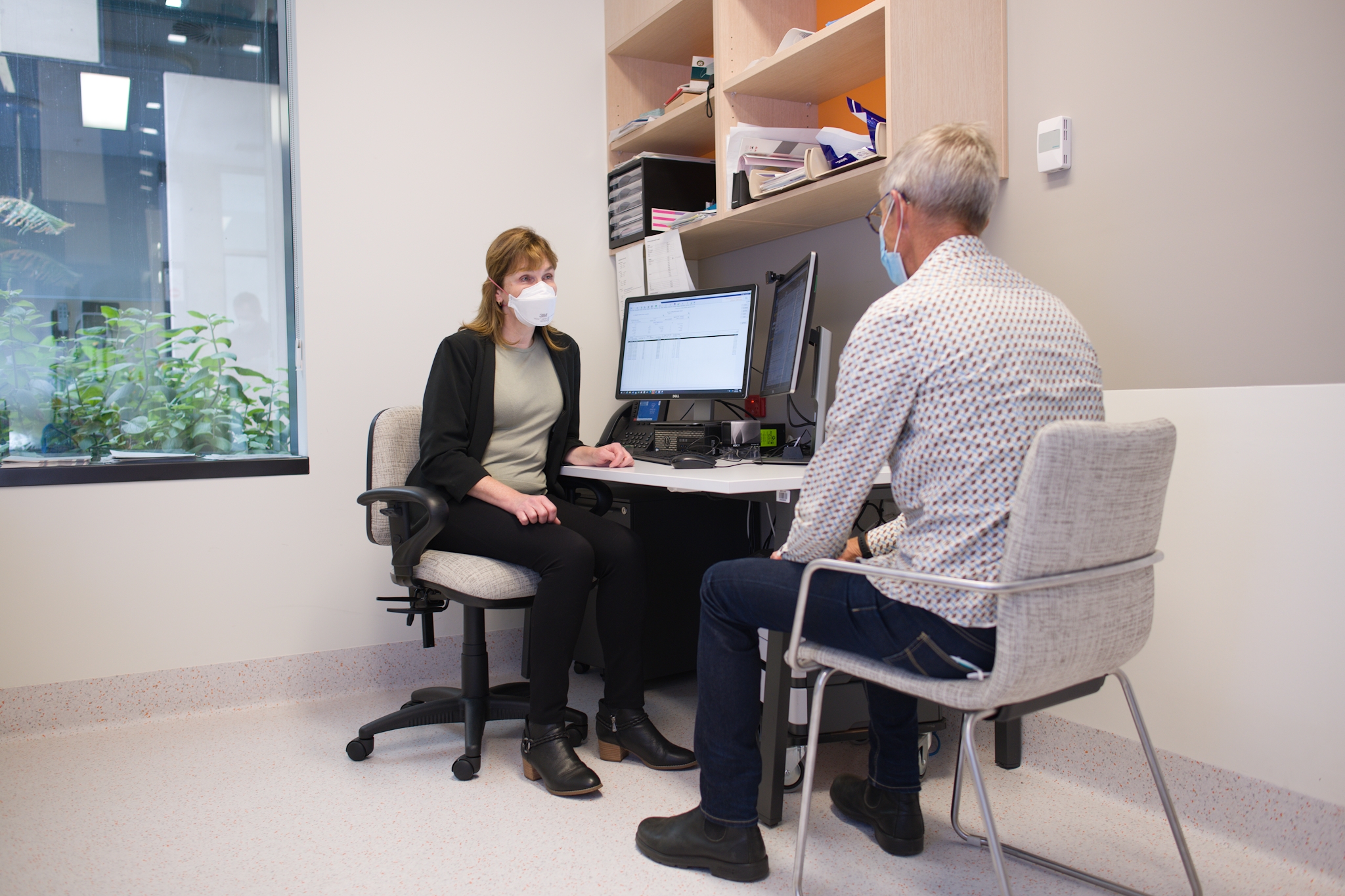Signs and symptoms of CUP can vary greatly and will depend on many factors such as where the cancer has spread in the body, age, and overall health. Sometimes, people with CUP will have few or no symptoms.
Signs and symptoms may include:
Each of the above symptoms can be caused by conditions other than cancer, but if you have any concerns or notice any changes in your body, talk to your general practitioner (GP).
Here are the links to other information pages to learn more about different aspects of CUP. You may also use the quick links on the right side of the page to navigate.

Most people are diagnosed with cancer of unknown primary (CUP) after they have symptoms or become unwell. Some people may be diagnosed during tests for another health condition. When cancer is suspected, you might be referred for tests or to a specialist.

The treatment you have depends on a number of things, including where the cancer is and your general health. A team of doctors and other professionals discuss the best treatment and care for you. The main treatment for Cancer of Unknown Primary is cancer drugs, most commonly chemotherapy. You may also have radiotherapy to help to control your symptoms and hormone therapy.




